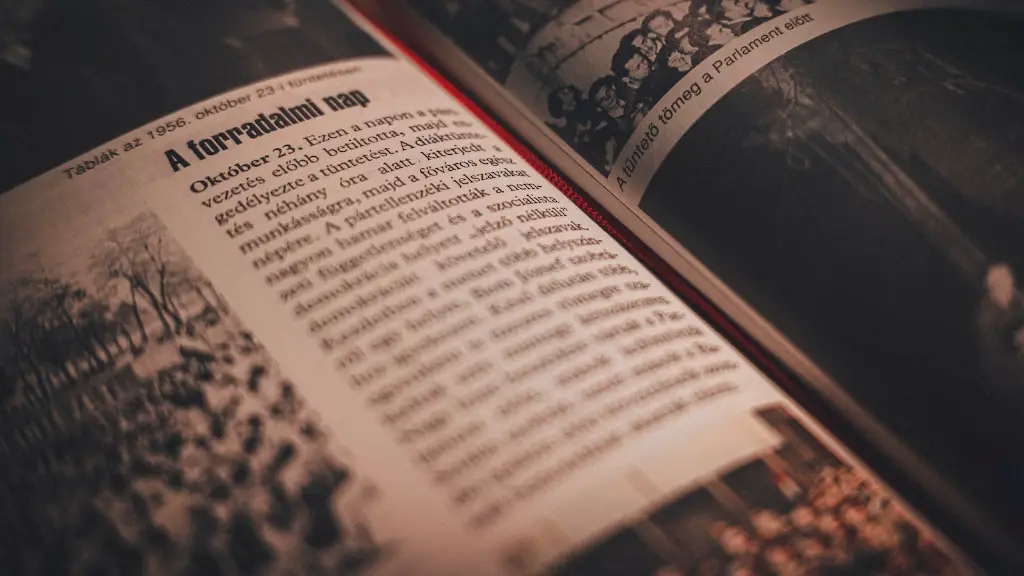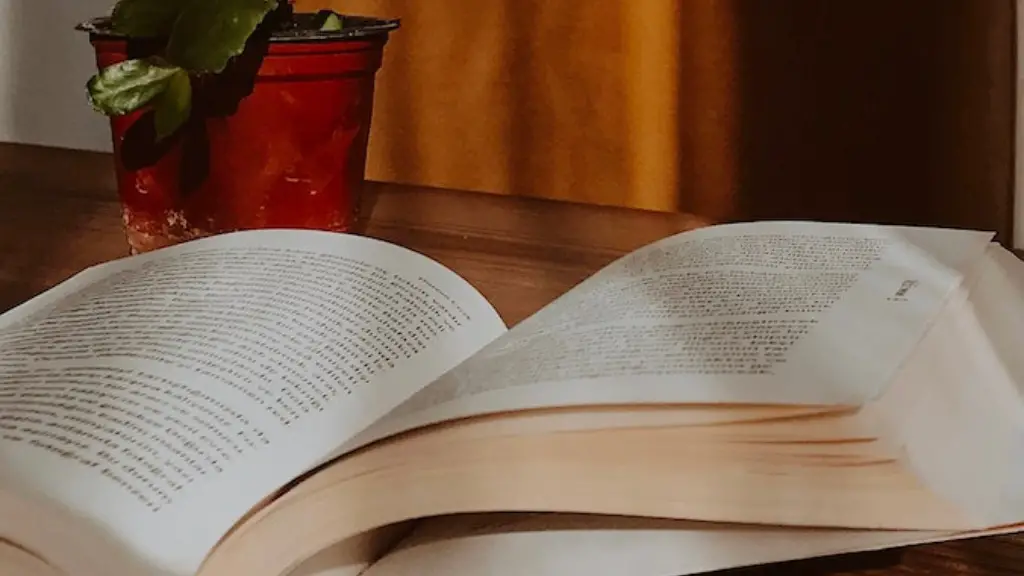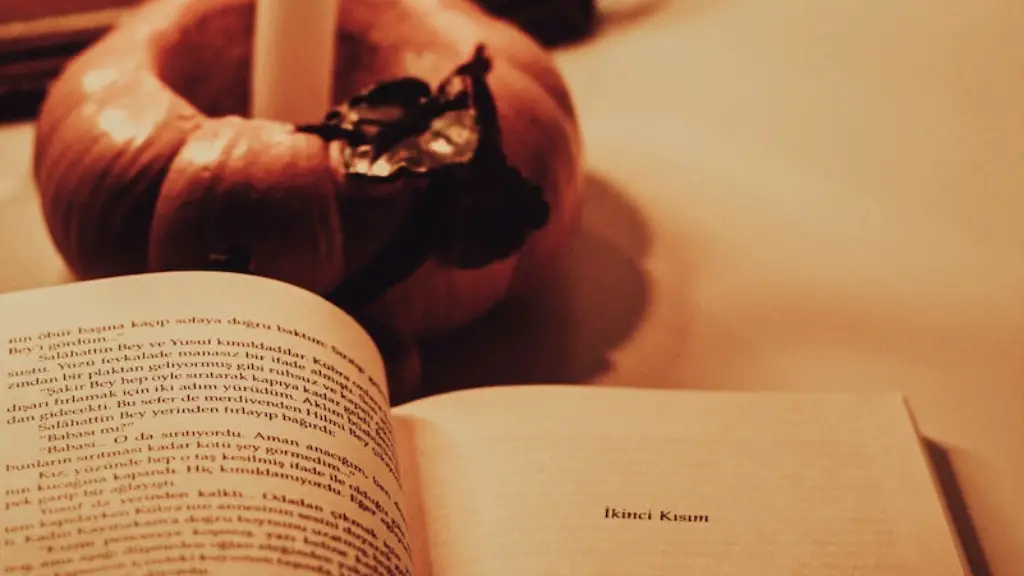Definition of Poetry
Poetry is the art of stringing together words to create an emotional response, often from key concepts or terms.At its core, it is the use of words in ways that are not normally seen in everyday conversations, such as using imagery and metaphor to express a point in a way that is both interesting and entertaining for the reader. Generally considered as one of the oldest types of literature, it has a highly acclaimed lineage including Homer, Virgil, Shakespeare and Walt Whitman.
Types of Poetry
Poetry is typically divided into two general categories: formal poetry, containing strict rules of meter, form and rhyme, and free verse, which lacks meter and rhyme. Formal poetry includes blank verse, sonnets, and other types which adhere to specific structural rules. These rules create a more structured piece that is easier to decipher, but may lack the feeling or emotion of a free verse poem. For the more literary-minded, some poets also dabble in more modernist forms, such as concrete (visual) poems, prose poems and found poetry.
The Purpose of Poetry
At its heart, the purpose of poetry is to communicate ideas and emotions in a powerful way. It seeks to capture a moment of depth and intensity by creating an intense experience through imagery and metaphor. Poets strive to evoke an emotional reaction in their work, whether it be sadness, joy, or anything in between.
The Power of Poetry
The power of poetry lies in its ability to convey meaning and emotion on very deep levels, much beyond the reach of ordinary language. The connection between writer and reader is intimate, as poets strive to communicate their feelings and ideas in ways that are meaningful to the audience. This doesn’t mean that poetry has to be complex in order to be powerful. Often the simplest of words can have the greatest of impacts.
The Importance of Poetry
Poetry has the power to speak to the soul and touch the hearts of people in a very unique way that can’t be achieved by any other form of writing. Historically, it has served as a powerful tool of expression for those who wish to share their emotions, beliefs and perspectives. Poets throughout history have used their words to unite people and bring about change.
Poetry in Everyday Life
The beauty of poetry is that it transcends any particular place or time and can be found everywhere. Poems can take many forms – from the classic long form poems to haikus, limericks, and even rap and spoken word. Even in our daily lives, we encounter poetry on billboards, advertisements, and even simple grocery store signs. Poetry can be found everywhere and is a source of comfort, knowledge and inspiration.
The Symbolic Nature of Poetry
Poetry is filled with symbolism and metaphor that can serve to enrich the meaning of the words, often beyond the literal meaning. By using symbols and metaphor, writers can convey complex ideas and concepts in a single image. Symbolism provides insight into the writer’s thoughts and goals and offers the reader an opportunity to better understand what’s being said. To get the most out of a poem, it’s important to look at the symbolism and discover the hidden message.
Influence of Poetry on Society
Poetry has been a cornerstone of literature for centuries and has had a profound influence on society. From the epic poem Beowulf to the modern-day classic T.S. Eliot’s The Waste Land, poetry has been essential to understanding the world around us. Poetry has been used to express the concerns of various cultures, often serving as a source of inspiration and hope in times of need.
The Legacy of Poetry
The legacy of poetry is one that is filled with timeless classic works that stand the test of time. From ancient symphonies to modern-day rap, the evolution of poetry is marked by a desire to capture emotions and ideas in an expressive, meaningful way. Its power to evoke emotions and create lasting impressions is unparalleled and its influence on society has been undeniable.
The Artistry of Poetry
The artistry of poetry lies in the ability of the writer to take a collection of words and create something that is meaningful to both the writer and the reader. It is a rare form of expression that reveals the depths of ideas and emotions, often without ever saying a word. Whether it is a sonnet, a haiku, or a rap, poetry is an art form that should be celebrated.
The Education of Poetry
In today’s society, poetry is becoming increasingly relevant in our culture. From its inclusion in children’s literature to university lectures, poetry is becoming more accessible than ever before. Poetry can be an engaging way for students of all ages to explore language, literature, and the world around them. It can also be used as a tool for understanding the emotions and experiences of others.


